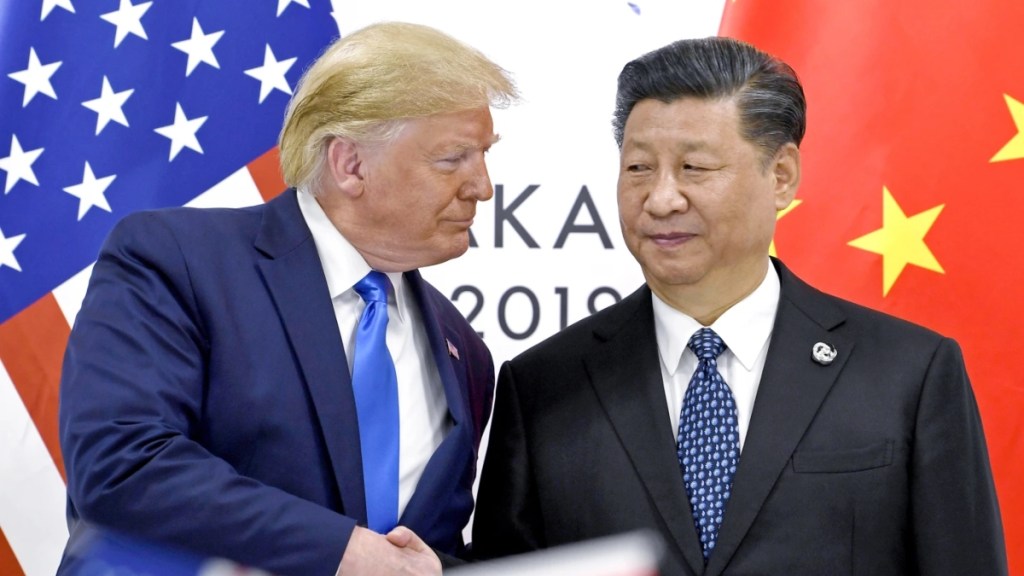US President Donald Trump, on September 19, signed an order imposing a $100,000 fee for new H-1B visa applications. The Trump administration said the one-time fee is meant to reduce the number of skilled foreign workers legally coming to the US, adding that the US prioritises “top, valuable talent”. This led some big tech firms to issue advisories to H-1B visa holders to either stay in the US or return before the September 21 deadline.
The move could seriously hurt the US tech industry, which depends a lot on skilled workers from India and China. China has ranked as the second-largest recipient of H-1B visas after India, accounting for approximately 11.7% of successful applicants in recent years, according to the government data.
Trump’s administration framed the fee as a mechanism to encourage US companies to train and hire American graduates. “The company must decide if the individual justifies paying $100,000 annually or whether to hire an American worker instead,” Howard Lutnick, Commerce Secretary, said during the press briefing.
Impact on China’s skilled workforce
China’s pool of STEM professionals, researchers and tech specialists heavily depends on H-1B visas to participate in the US tech ecosystem. The dramatic increase in application cost threatens to reduce the inflow of Chinese talent into America, particularly targeting early-career professionals and startups who may not absorb this financial burden.
With less access to the US, multiple media reports suggest that Chinese tech professionals might stay in local tech hubs or look for work in countries with easier visa rules. Chinese companies with US branches may rethink sending employees abroad and focus more on developing innovation at home.
Consequences for US-China tech competition
The new fee is likely to make the tech competition between the US and China even harder. US tech companies that depend on skilled workers from around the world, including many from China, may face higher costs and staff shortages, leading to project delays or more outsourcing, according to a report by Reuters.
At the same time, China is investing heavily in building a self-sufficient tech sector and attracting Chinese scientists and engineers from abroad, giving it an advantage in the high-tech race.
Skilled workers who might have gone to the US could now choose jobs in China or other countries, reducing America’s edge in important future technologies like AI, quantum computing and semiconductors, the report mentioned.
Industry and policy responses
Top US companies like Microsoft, Amazon, and JPMorgan have warned their H-1B employees to stay in the US or return quickly before the fee is enforced. Industry groups say the fee could disrupt long-term projects that depend on highly skilled workers.
At the same time, trade organisations from India, which provide 71% of H-1B workers, have raised concerns about the humanitarian impact and potential disruptions to global operations. Some US policymakers argue the fee will create more jobs for American workers, but critics warn it could push talented innovators to other countries.
At first, people thought the $100,000 H-1B fee would be charged every year. But the White House later clarified that it is a one-time payment, only for new visa applicants in lottery cycles starting March 2026. Current visa holders, those renewing their visas, or people re-entering the US, will not have to pay it. Still, the announcement caused a global stir, with companies advising visa holders to avoid travelling abroad or return quickly to the US to avoid the fee.

